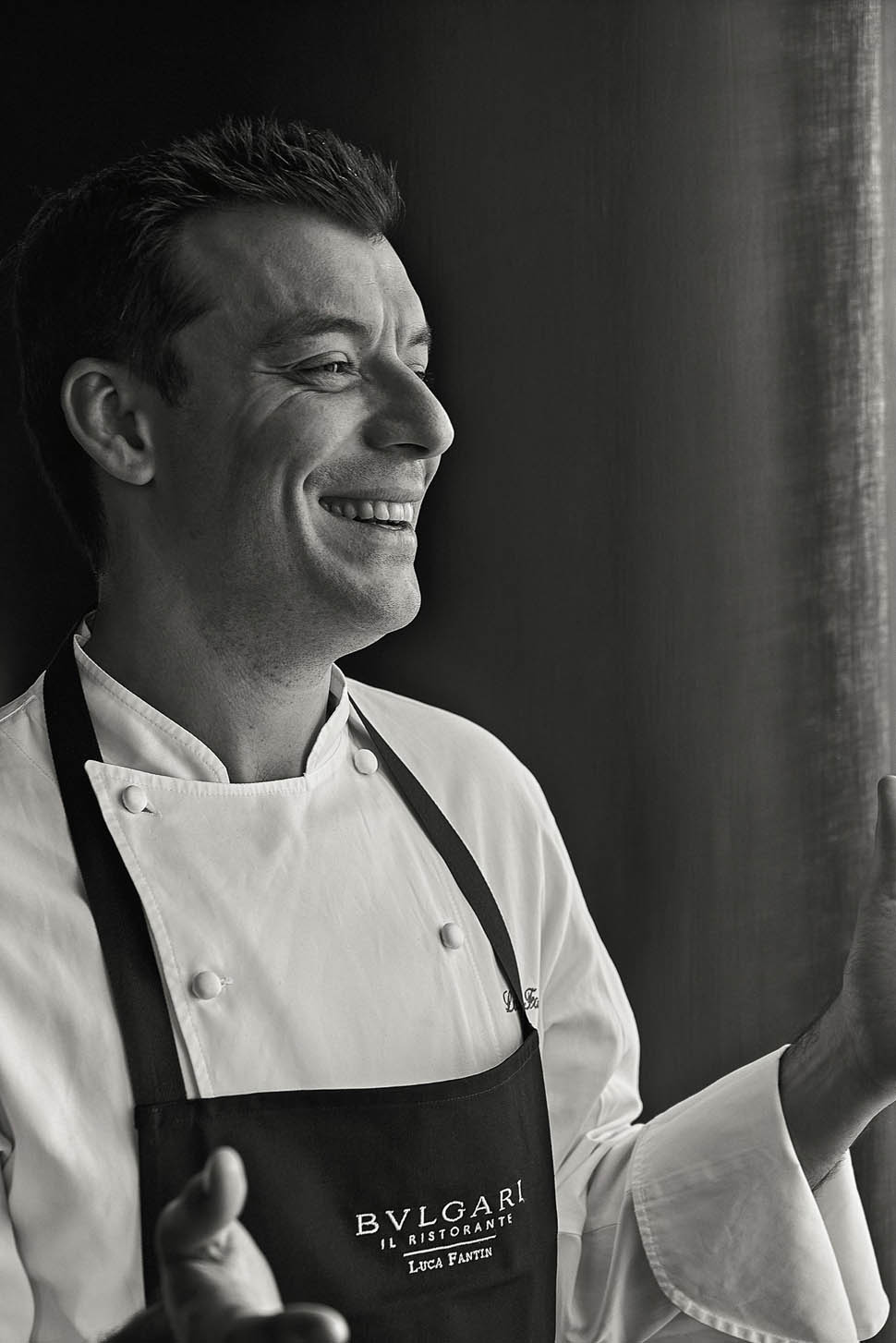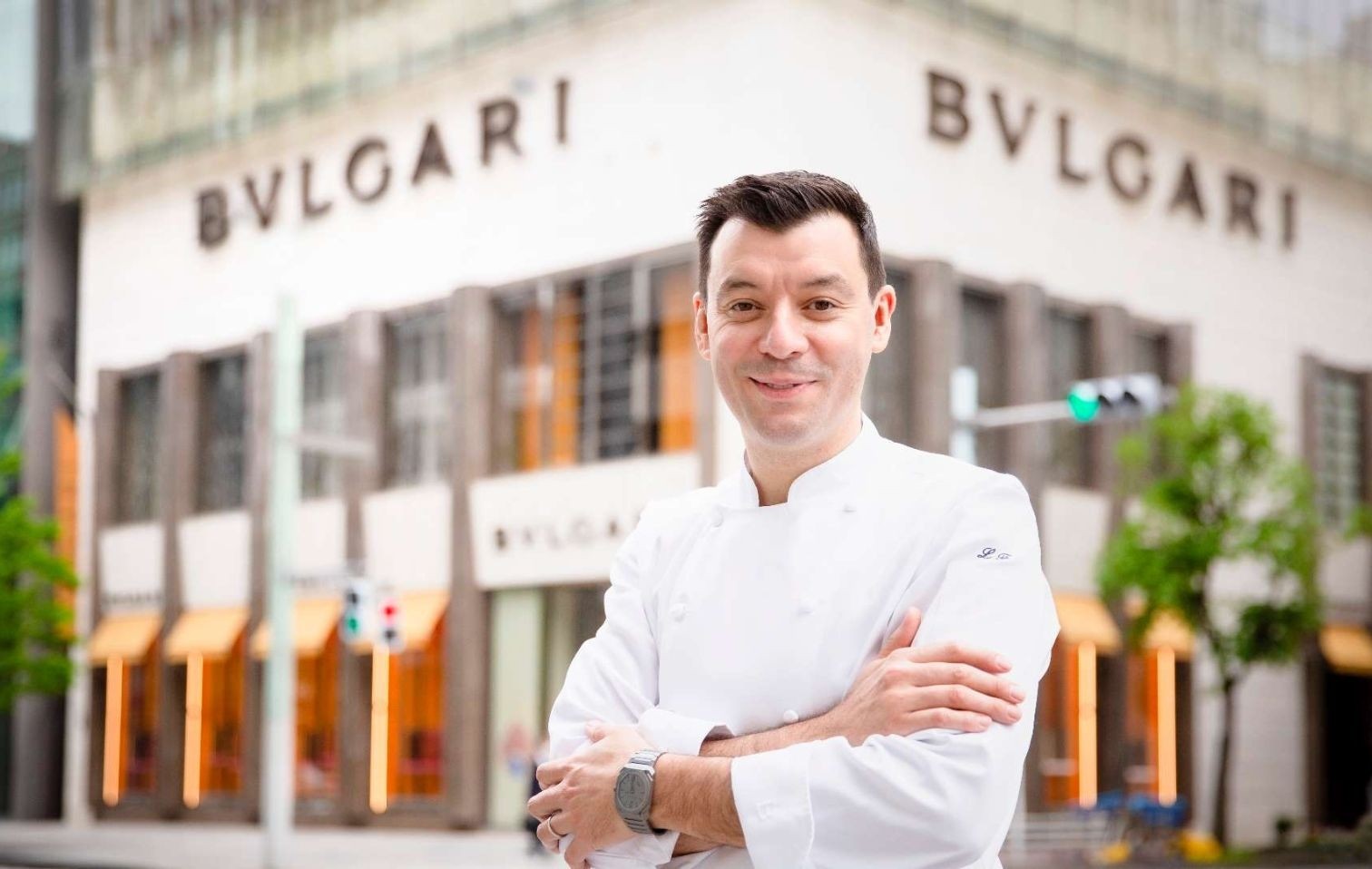After arriving in Japan in 2009, he has successfully led his namesake restaurant at the Bulgari in Tokyo for almost 15 years: Luca Fantin has integrated Japanese produce into Italian recipes, making his cuisine a cultural fusion.
The Chef
For almost fifteen years, Luca Fantin has proudly represented Italian cuisine in the fiercely competitive Tokyo scene. He does so with a unique approach: while many young and seasoned Italian chefs look to the Land of the Rising Sun as an endless source of techniques and flavors, he reinterprets Italian dishes using local products that have Italian equivalents. The result is an Italian cuisine of extraordinary delicacy and grace.
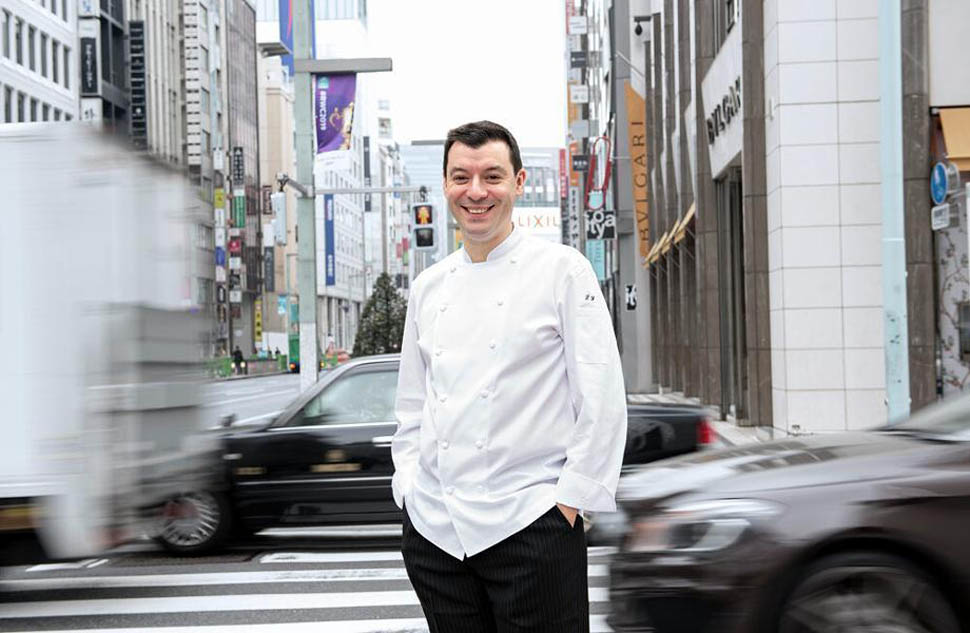
Tell us your story
I am originally from Treviso, specifically from Silea. I started to become passionate about gastronomy at a very young age. In Italy, everyone cooks at home, and I was a child who enjoyed eating. So, I was always by Nonna Anita's side, who was almost like a mother to me. She made cod with artichokes, pasta and beans, sardines in "saor" sauce, and Sunday chicken; we would go together to collect herbs in the fields and spend the whole afternoon cleaning them. Many memories. Later on, I started working in a tavern near my home, as a waiter, but being very shy, they moved me to the kitchen. I attended a hospitality school and gained various experiences in Italy and abroad. A teacher sent me to do an internship at Bersagliere of Goito by Massimo Ferrari, a very skilled chef for that time, so at the age of 18, I got hooked on Michelin-starred restaurants.
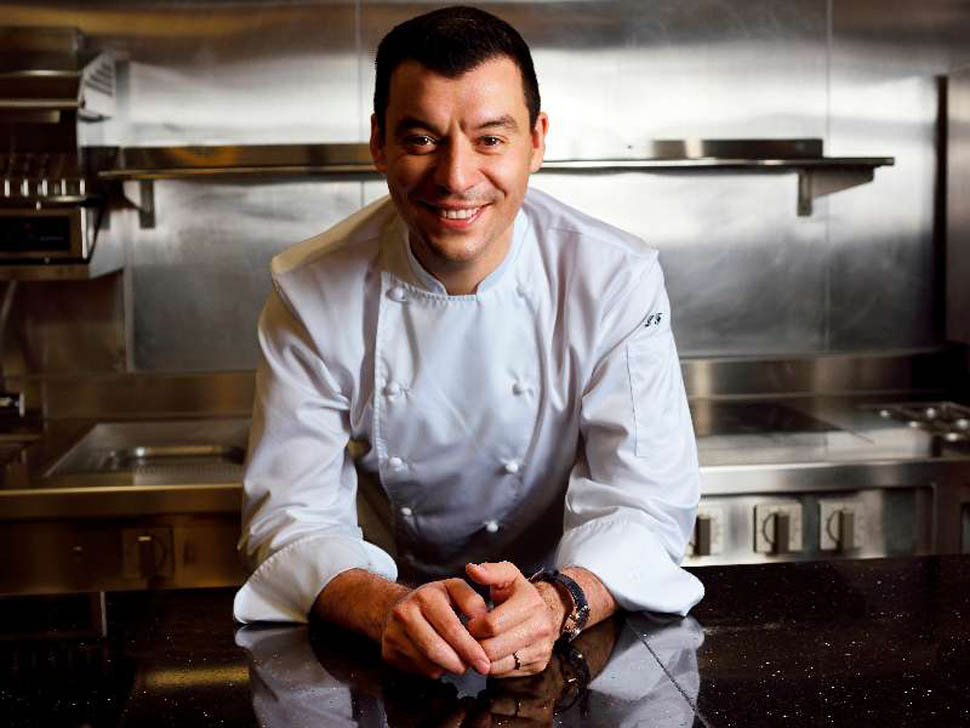
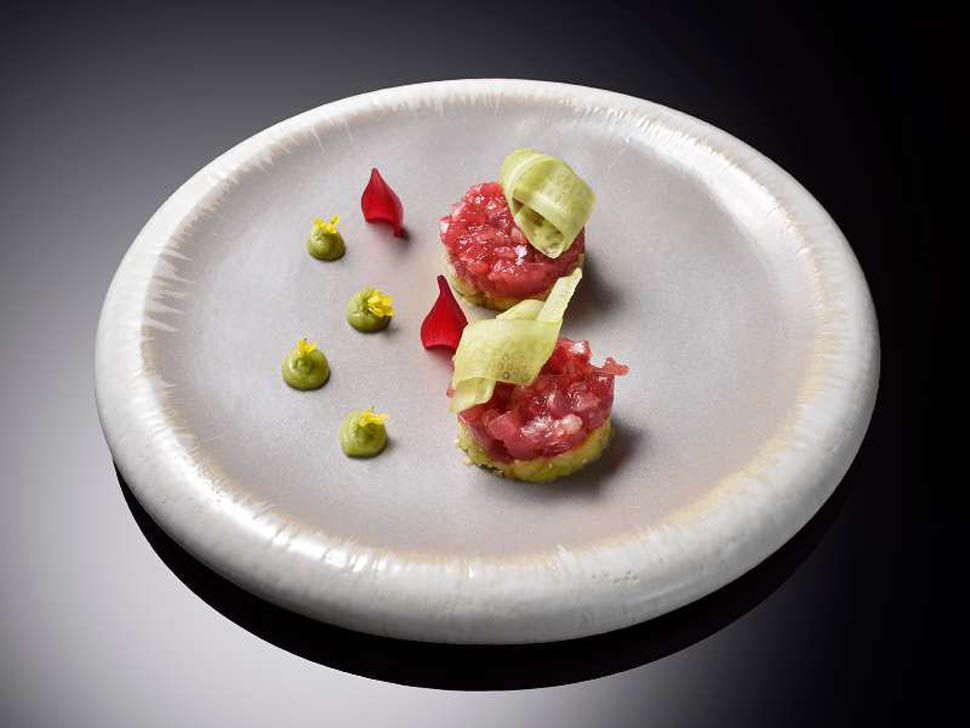
How did you end up in Japan?
It was the end of 2009. I was almost thirty years old, now I'm approaching 45. Bulgari was looking for a young man, Stefano Baiocco suggested that I seize the opportunity, at first, I was a bit skeptical, but in the end, I found a wife and now I have three children. At first, it was a shock because I didn't want to adapt my cuisine to local products. In Japan, everything is imported, but at some point, I realized that I had to change because the quality was high here too. I learned the lesson, I started focusing on the local area and exploring different provinces, interacting with farmers and fishermen. And a whole new world opened up to me. Look at this country, what seriousness, I said to myself. From there, I began to integrate their products into Italian recipes, it was all about chasing something exciting and new.
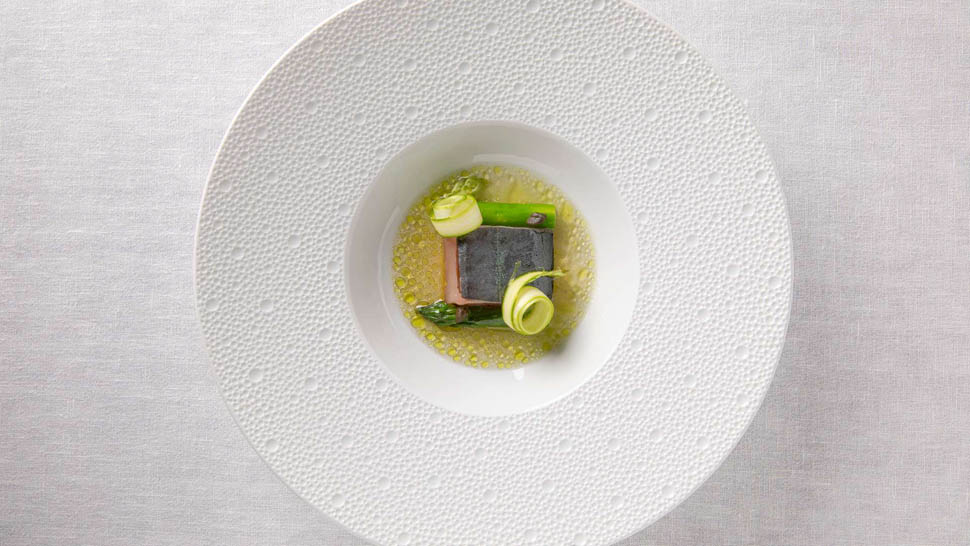
And the restaurant also increased the quality of the food. As a rule, I decided to use only ingredients that I know from Italian cuisine, no soy or natto, so olive oil, lamb, lean red meat, and fish. It helped me; otherwise, I would have been lost among too many flavors. However, there needs to be a balance because they are different ingredients, so if the carrots are very sweet, I don't put them in the chicken broth or I use them like onions. The same goes for tomatoes, with sauces that need to be balanced. If the fish is too fresh, it's tough, lacking fat and tenderness, so aging is necessary. A 3-kilo turbot must rest for at least 5 days.
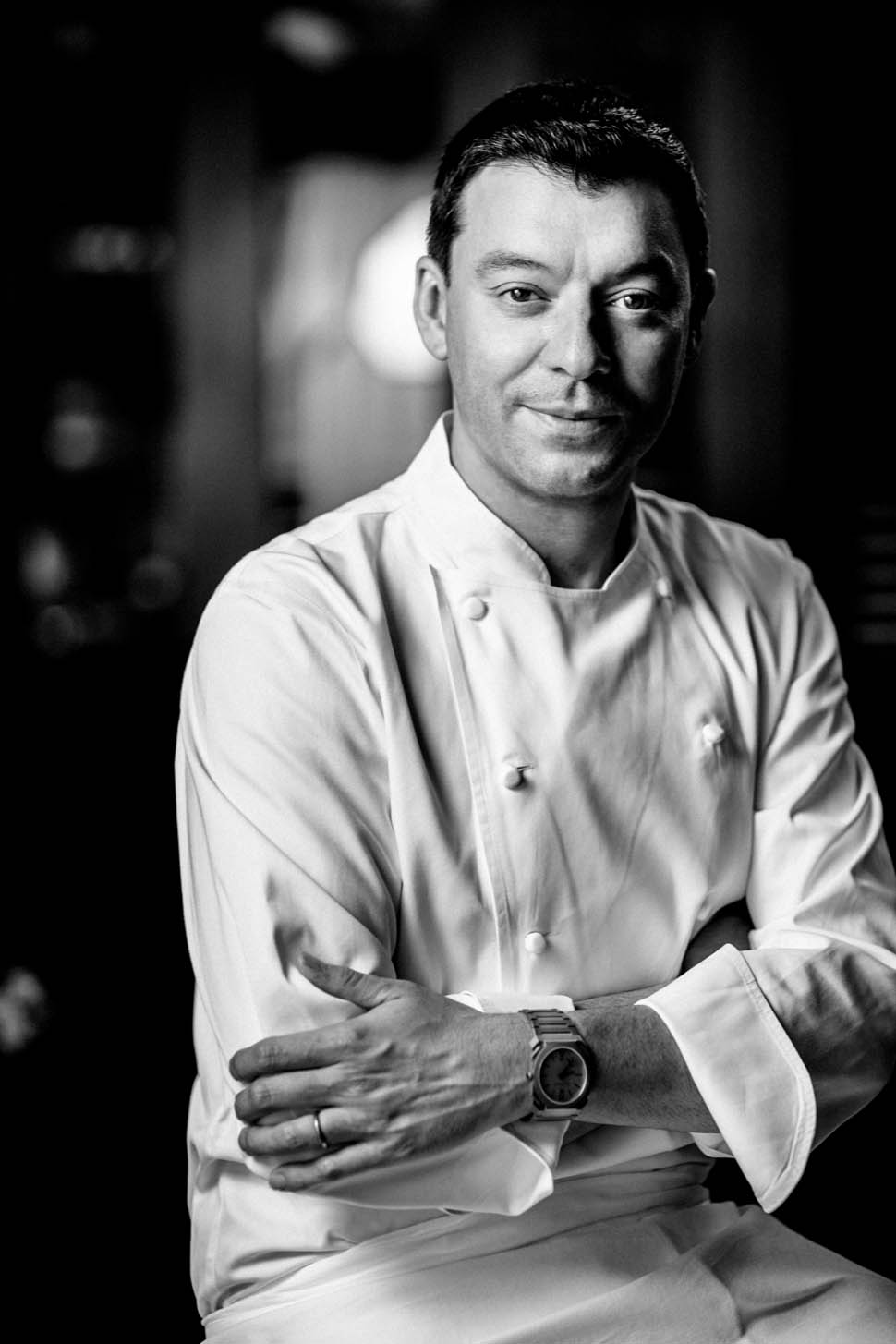
How did the Japanese palate react?
Japanese people love Italian cuisine. They are very sensitive to saltiness, in the sense that they eat less salty food, and to temperatures because everything here is either very hot or very cold. For them, carpaccio must be very cold, not at room temperature like ours, but almost. Like veal with tuna sauce. They also have a dryer palate, in the sense that they always need moisture, which is why they eat a lot of soups. We love to bite into the crust of pizza; they prefer textures on the softer side, like mochi. I went to Japanese restaurants to understand what was behind the dish. But my cuisine has not been contaminated. Nevertheless, I learned techniques that I use, such as fish cutting, ikejime, marinades, and broth preparation. I also cook many steamed broths, for example, with chicken legs, for a result of greater delicacy, lightness, and aroma. Here everything is more delicate and gentle.
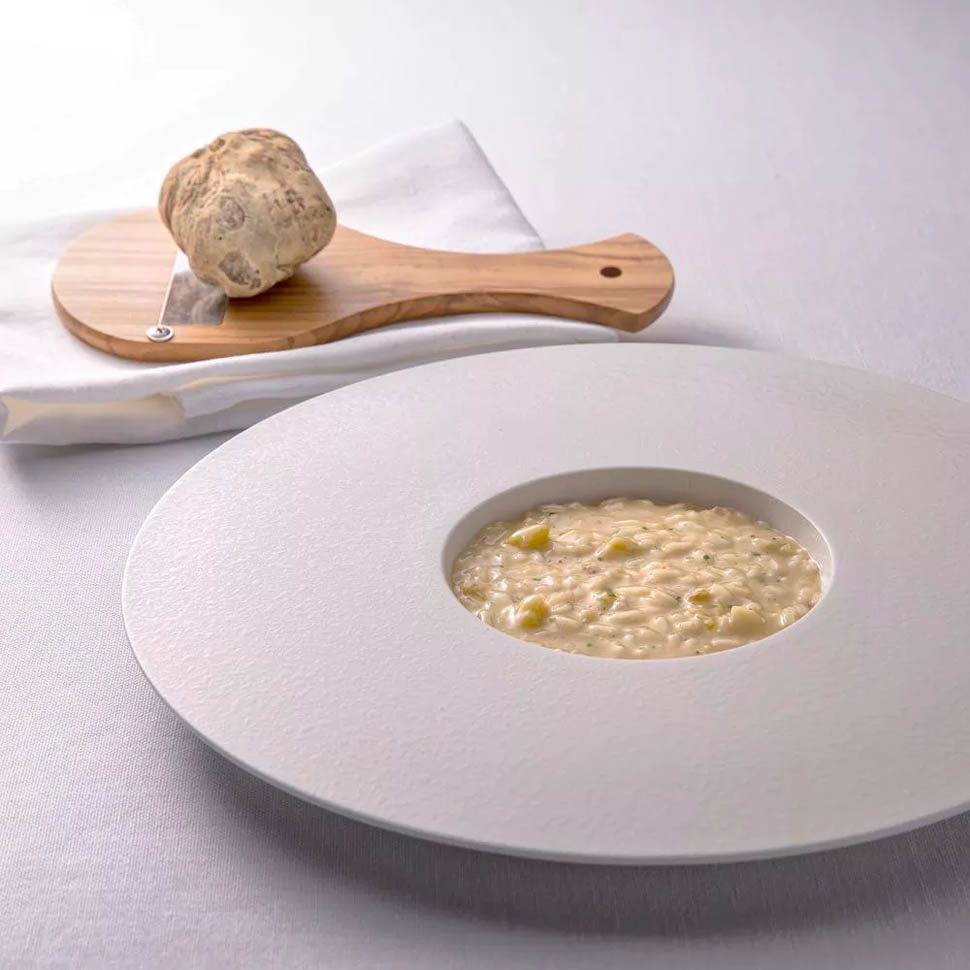
Do Italian and Japanese cuisines have similarities?
As it happens when cuisines are based on a solid tradition, people can distinguish between good and bad. Also, they are two cuisines linked to seasonality: in Japan, there are 72 micro-seasons, and each time they change the menu and kimono leaf. The common base is carbohydrates, vegetables, fish, and meat, then the way of cooking changes. Their base is dashi, ours is olive oil or butter. But the ingredient and its freshness always remain at the center.
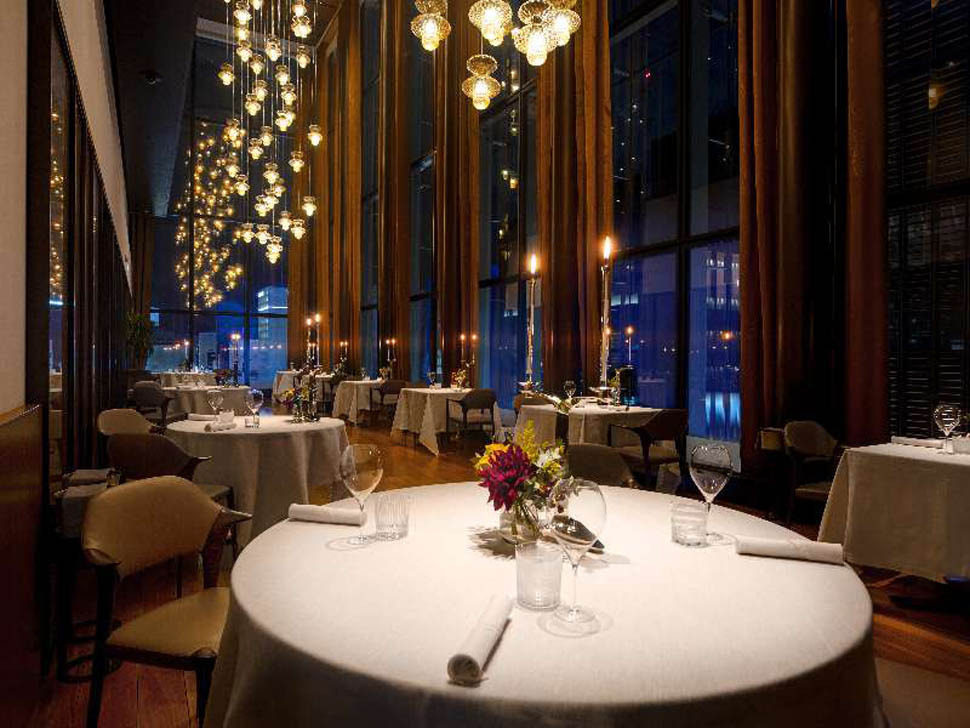
What are your plans?
I see myself here in Japan. We have several events scheduled, collaborations with Ducasse and Dom Pérignon's chef, then with the Cerea brothers, and in June with the Korean chef Mosu, who is very talented. Besides the Tokyo restaurant, I also manage the one in Bali, which also bears my name. I visit the island at least three times a year, and maybe the Michelin star will come there too. At the moment, I don't plan to return or open in Italy; perhaps I could consider it when the children are older. They eat a bit of everything, between Japanese and Italian. But they love pasta. If I ask them what they want to eat, it's always pasta with meat sauce or pesto.
